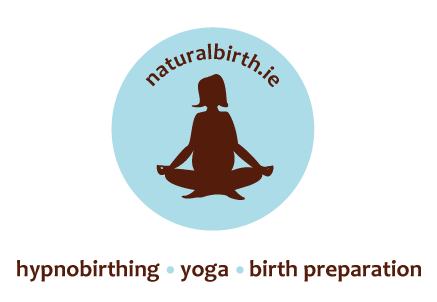Hypnobirthing: Does it Work?
- Emily McElarney
- Feb 28, 2020
- 3 min read
This is a big question isn't it?
And I'm sorry to say there isn't a straightforward answer to it.
We firstly have to ask what is "it" or even is there an "it"? And then how do we define hypnobirthing as having "worked", how do we measure it?
I think firstly its to look at the goal of hypnobirthing. Why are you doing hypnobirthing? Many people say "because I want to have a vaginal birth without interventions or pain relief". Well, stop right there! This is the biggest misconception of hypnobirthing. If we could guarantee that wouldn't everyone do hypnobirthing? Wouldn't it be hospital policy? Wouldn't it deplete the number of instrumental birth (forceps and vacuum assisted birth)? Wouldn't the caesarean birth rate plummet?
Taking a Hypnobirthing course is not going to guarantee those things. That's important to know. Why? Because there are SO many factors involved and at the most basic level; you do not get to choose how your birth is going to go.
So what influences birth outcome? Here are just some of them:
1. You have a little person in there ( or more then one!).
A little thinking person. A that little person has a lot of jobs to do there too. That little person is also in a specific position which can really change things and it can change that position any time.
2. The setting in which you chose to birth.
We know there are differences in the outcomes of home birth versus hospital births for example. Planned Home birth is less likely to result in interventions and less likely to lead to caesarean or birth assisted with instruments. (Evidence)
3. Risk Factors
Having identified risk factors dictates the recommendations with regard to birth setting but also the extend the birth needs to be managed. For example a risk factor of preeclampsia might strongly suggest the best pathway of care would be to manage the labour and birth closely to protect both the mother and the baby. This should always be clearly explained to the pregnant person and partner, with evidence presented and options and consent discussed at length.
4. Type of Care pathway
We know that different care pathways lead to different outcomes. An example of this would be midwifery-led care leads to less interventions then obstetric-led care (Evidence). Midwifery-led care could be in a hospital, an MLU or a home birth setting. It's also important to acknowledge that not all parts of Ireland offer these choices and some areas are very limited in terms of choice. We also know that having a doula supporting you can also improve outcomes (Evidence)
5. The day itself
Yes even the day that's in it can have an influence on how the birth goes. Are you exhausted even before the labour began. How is your mental wellbeing today? How is your physical health today? Maybe you have a cold, a tummy bug etc. Were you caught on the hop and not ready or expecting labour to begin? What is your mindset today? Who is with you? Do you feel supported? Sometimes life gets in the way of the greatest plans and intentions.
Can Hypnobirthing overcome all these factors. No.
But here's the thing...it can help you cope with them by giving you information and a suite of useful tools to help you cope with the path your birthing takes.
For me as a hypnobirthing practitioner the goal is never about "the perfect birth" or a "pain free birth" or even a "vaginal birth". With every pregnancy I support my goal is to help the parent understand the physiological process of birth, encourage the person to self-advocate for the birth they want based on information and knowledge, change the narrative around how we look at birth, and support and encourage decisions that lead to a feeling of empowerment during birth.
This is what we do throughout my hypnorthing course. This is the goal.
So is there an "it"? No its a process and that process involves input and support from you and your partners in birth.
And it "works" when people experience what feels like #therightbirthontheday (Wise Hippo) no matter what way baby is born.
And the side effect of that is often a birth without intervention or a birth without pain relief (Evidence). But its not the goal.
Choose support. Choose empowerment.










Comments